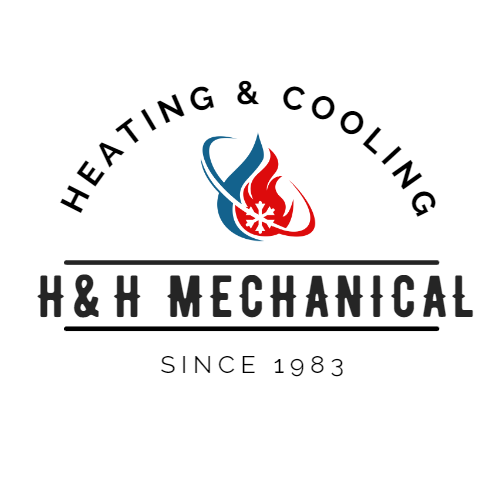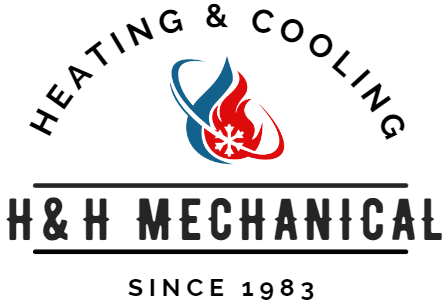HVAC and the New Year: Resolutions for Your Home's Comfort
As the New Year approaches, it's not just personal resolutions that deserve attention—your home should also be part of your New Year's resolutions, particularly your Heating, Ventilation, and Air Conditioning (HVAC) system. A well-maintained HVAC system ensures comfort, improves air quality, and reduces energy consumption. Here are some resolutions you might consider for your HVAC system to ensure a happier, healthier, and more efficient home in the upcoming year.
1. Commit to Regular Maintenance
Just like any other major appliance, your HVAC system needs regular maintenance to operate at its best. Resolve to schedule semi-annual service appointments to check your system's performance. These visits can help catch minor issues before they turn into major problems, saving you money and headaches in the long run.
2. Change Your Air Filters
One of the simplest yet most effective ways to keep your HVAC system running smoothly is to change the air filters regularly. A clean filter enhances air quality by trapping dust, pollen, and other allergens and improves the efficiency of your system. Aim to change your filters every three months, or more often if you have pets or suffer from allergies.
3. Seal Ductwork
Leaky ducts can significantly reduce your HVAC system's efficiency by allowing warm or cool air to escape before reaching its destination. This New Year, make it a resolution to seal and insulate your ductwork properly. This simple step can enhance your system's efficiency, reduce your energy bills, and make your home more comfortable.
4. Upgrade Your Thermostat
If you're still using an old, non-programmable thermostat, consider upgrading to a smart or programmable model. These devices automatically adjust your home’s temperature based on your schedule, improving your system's efficiency and reducing energy consumption. Plus, many smart thermostats offer features like remote control via your smartphone, allowing you to adjust your home's temperature from anywhere.
5. Prioritize Indoor Air Quality
Indoor air quality is crucial for your health and comfort. This year, make it a priority to enhance your home's air quality. Consider integrating air cleaners, humidifiers, or dehumidifiers with your HVAC system to control humidity levels and reduce pollutants.
6. Consider System Upgrades or Replacements
If your HVAC system is old and struggling to keep up, it may be time to consider upgrading to a more efficient model. Newer HVAC systems are designed with energy efficiency in mind, which can save you money on your energy bills and reduce your carbon footprint. While the upfront cost can be significant, the long-term savings can be substantial.
7. Educate Yourself and Family
Educate yourself and your family members about your HVAC system and how to use it efficiently. Understanding how to regulate your thermostat, the importance of keeping doors and windows closed when the system is running, and recognizing signs that may indicate a problem can go a long way in ensuring your system’s efficiency.
Welcoming the New Year with resolutions for your HVAC system can lead to a year of comfort, savings, and peace of mind. By committing to regular maintenance, air quality improvements, and potential upgrades, you can enjoy a healthier, more comfortable home environment. Here’s to a year of wellness, efficiency, and comfort!

You might also like





